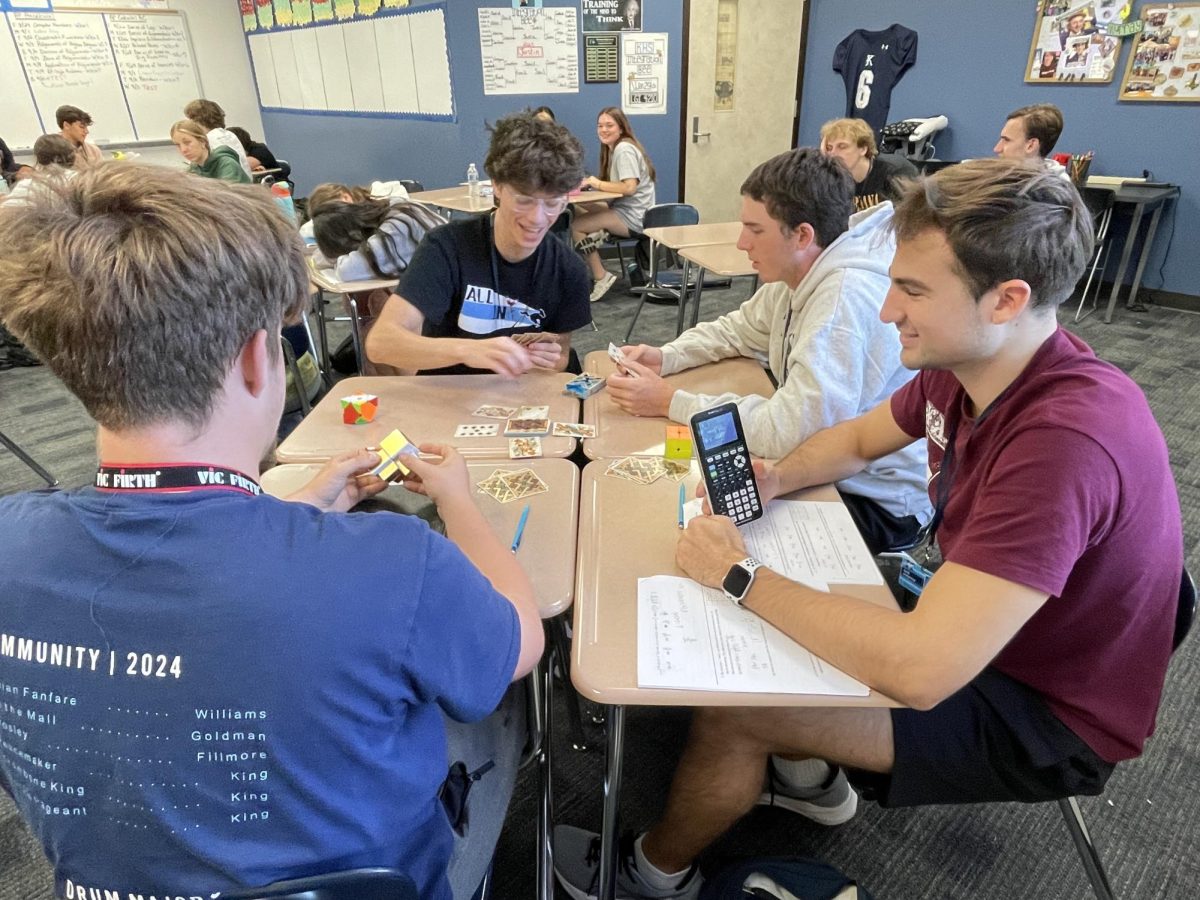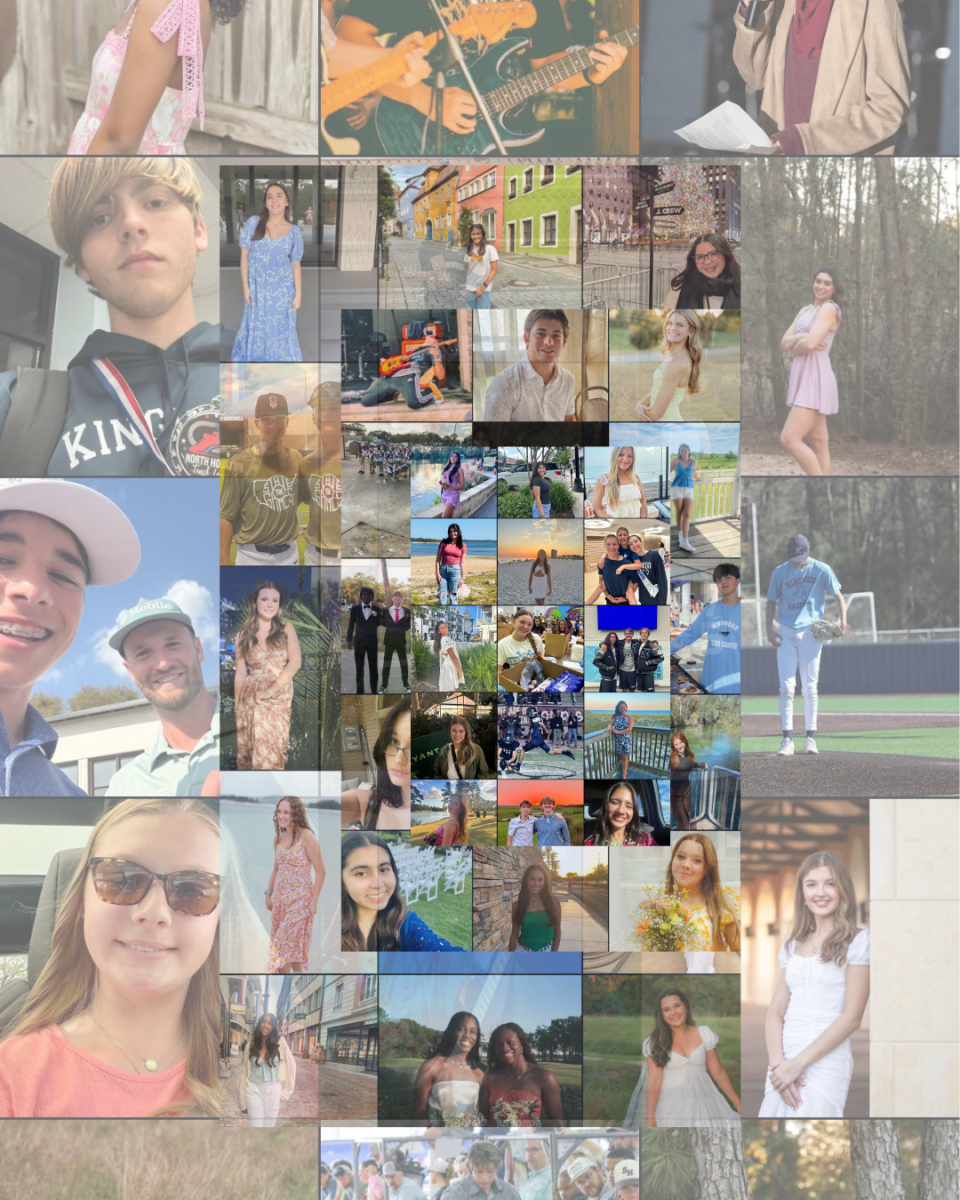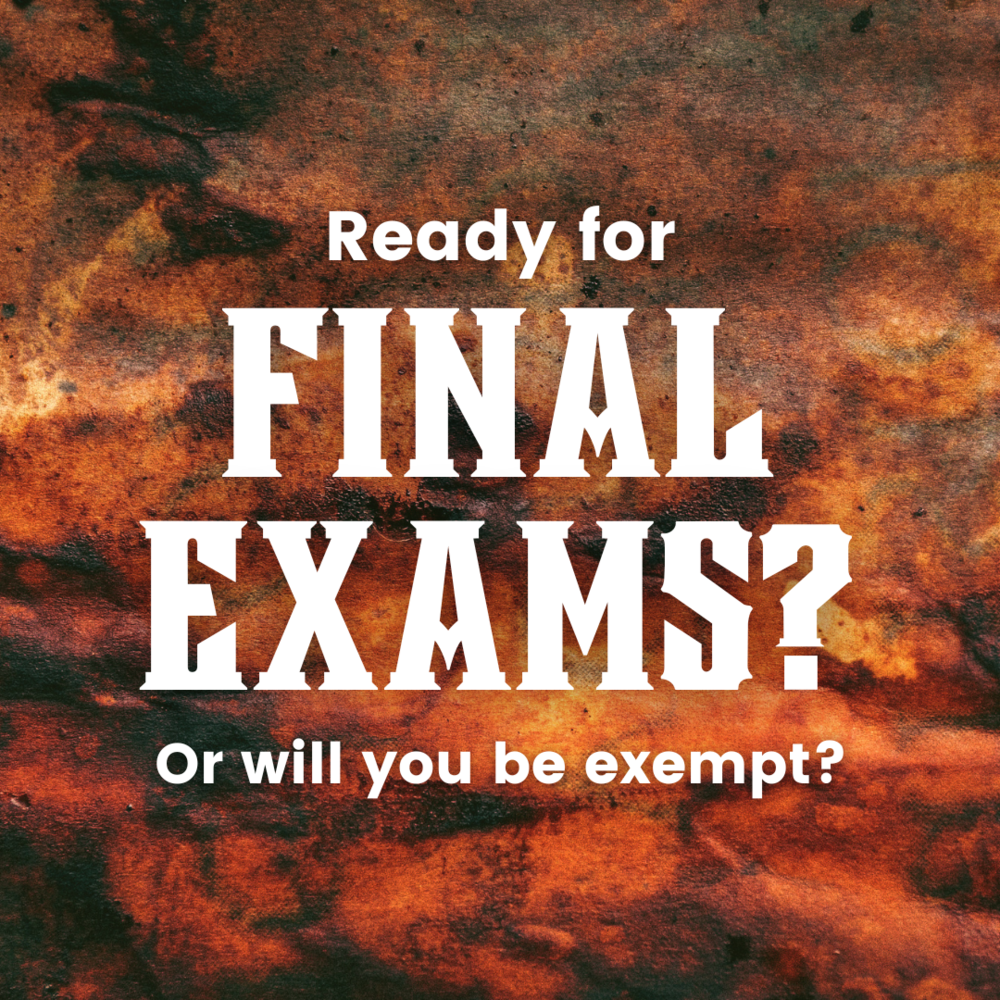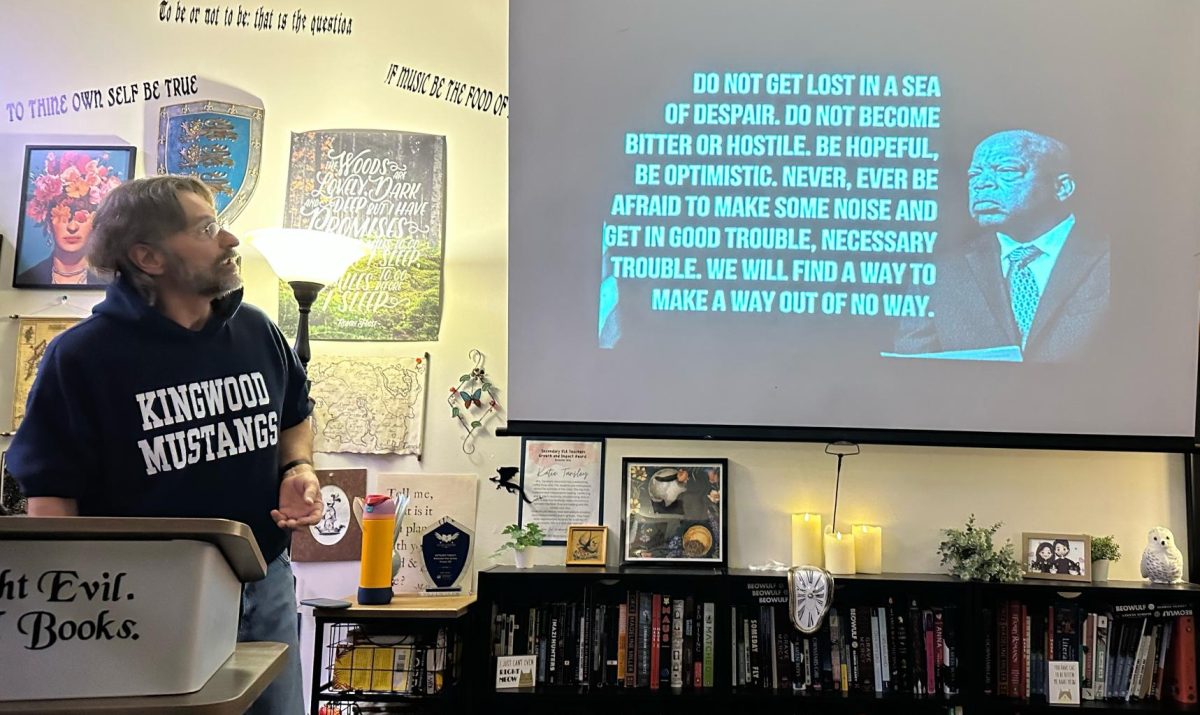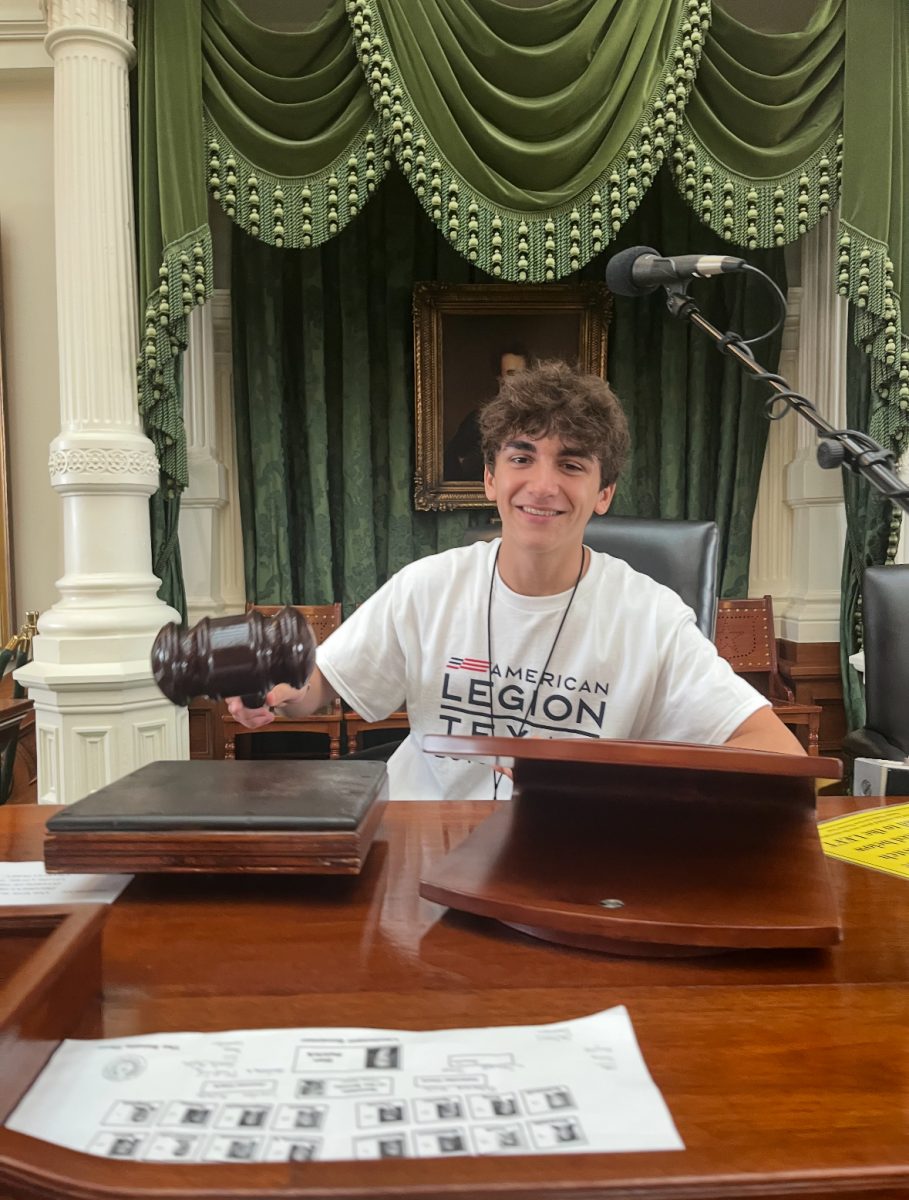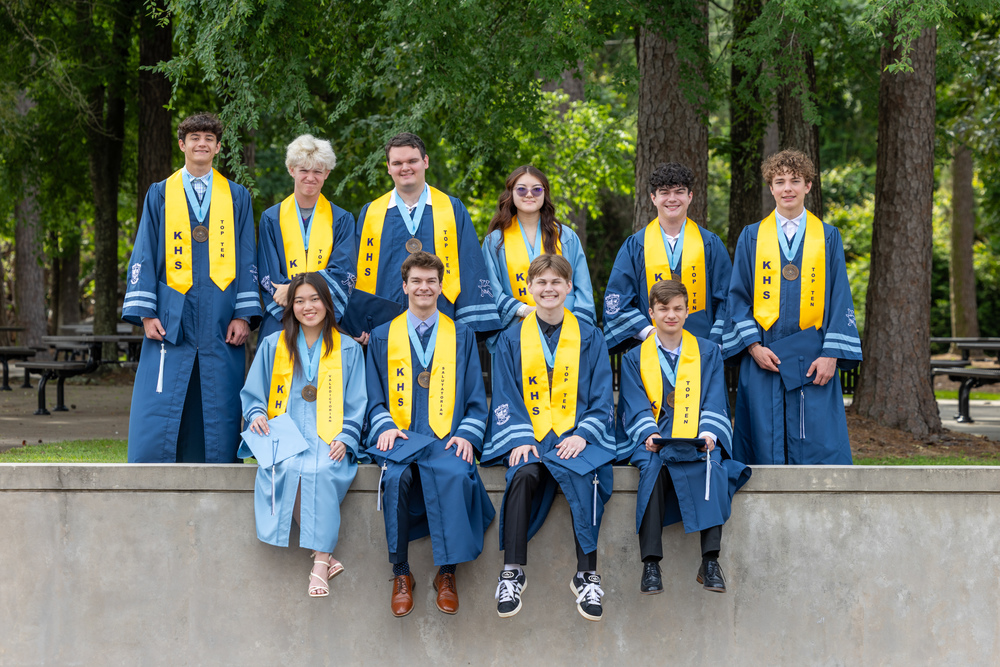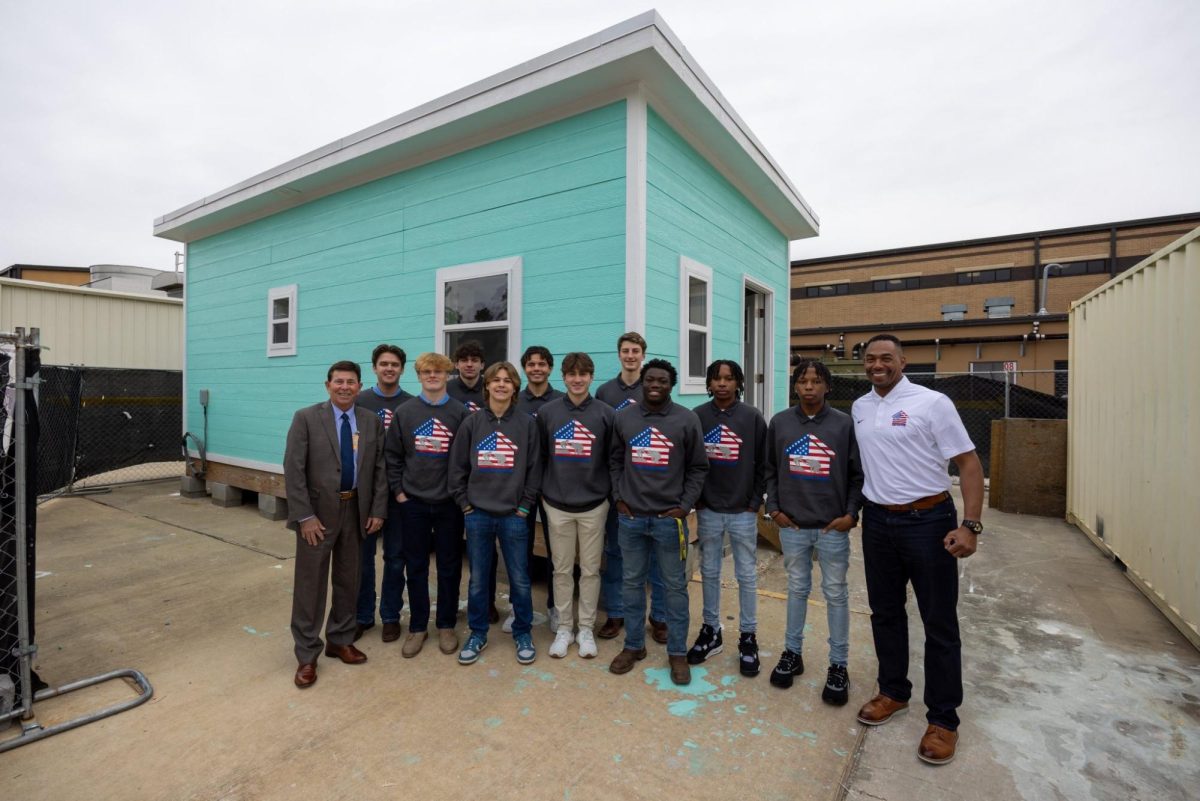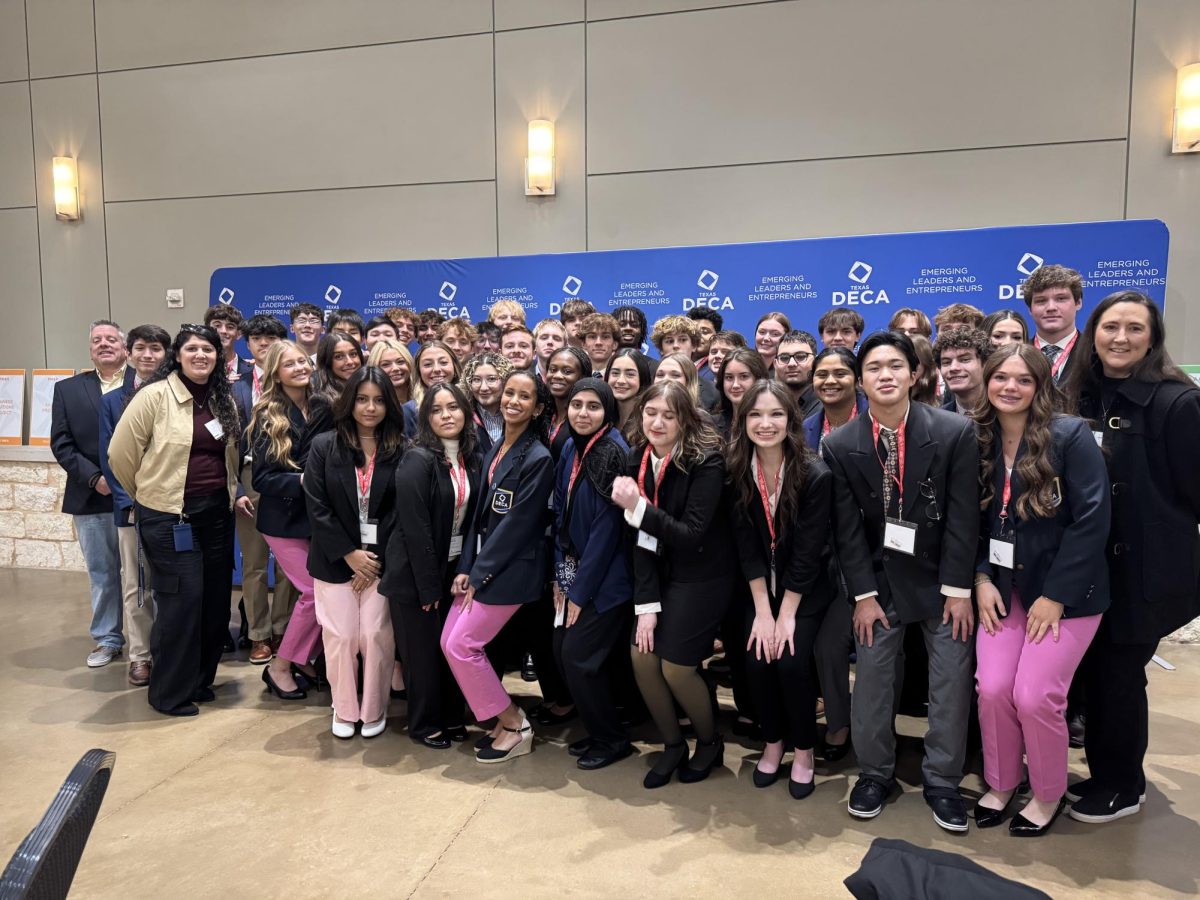This year, when the first bell rang, it won’t just signal the start of class; it’ll also signal the end of phones, iPads, laptops, and even smartwatches. Thanks to Texas House Bill 1481, all personal devices have to be turned off and out of sight for the entire school day.
On the surface, that probably sounds reasonable. Phones are distracting. I’ve seen students texting under their desks, scrolling TikTok during lectures, and flat-out ignoring teachers who are just trying to do their job. Honestly, I can’t blame teachers for being fed up. They’re not babysitters, and it’s not fair for them to constantly battle with students over phones.
“Teachers aren’t babysitters—and I get why they’re fed up. But do we really need a law to restore respect?”
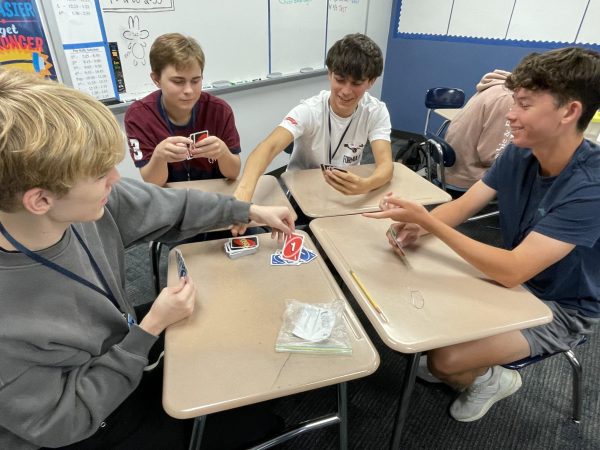 So yeah, I get why some teachers are relieved by this new policy. They want to be heard and respected, and maybe a strict rule feels like the only way forward. But here’s the problem: this law goes way beyond phones.
So yeah, I get why some teachers are relieved by this new policy. They want to be heard and respected, and maybe a strict rule feels like the only way forward. But here’s the problem: this law goes way beyond phones.
It bans personal laptops and tablets too, the same tools many of us depend on to stay organized and succeed. After COVID, schools shifted to digital learning platforms like Google Classroom and for us Schoology. Assignments, assessments, announcements, and resources are all online. For most of us, that means using our own devices. Now those devices are off-limits.
“We were trained to use tech post-COVID. Now it’s being taken away.”
And what about equity? Not everyone has a computer at home that is not a family computer or dedicated to them. For a lot of students, their phone is the only way to access assignments once they leave school. Wouldn’t it make more sense to ban phones during class time but allow them at lunch or passing periods? That would’ve shown trust instead of assuming we can’t handle responsibility at all. Legislators didn’t ask for our input—no surveys, no town halls, no conversations. It feels like this law was written for us, but not with us.
“This law was written for us, but not with us.”
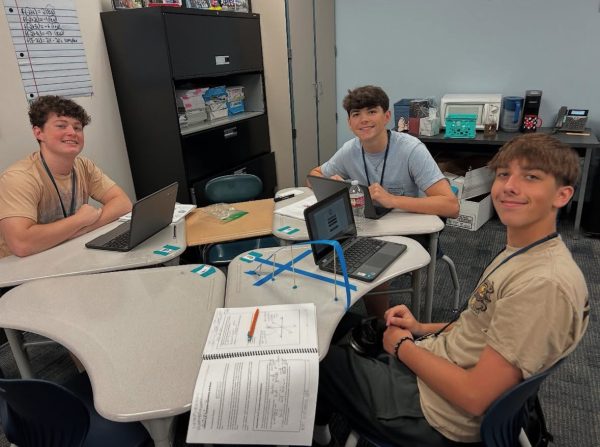
Here at Kingwood High, our administrators and teachers are working hard to make the transition smoother. Clubs are scrambling to figure out how to communicate without group texts. Coaches are adjusting practice updates since they can’t text last-minute changes. Meanwhile, teachers are adjusting lesson plans and reminding us that the new normal is about more face-to-face conversations and less screen time. Learning to adjust is a life skill that we in the Kingwood community know well with Harvey and all that brought to our doorstep.
And to be fair—it hasn’t all been bad. We’ve survived the first few weeks, and some teachers say students are more focused. Mrs. Stanley, who teaches AP World History, said:
“I definitely wondered how the ban would be received by the students and so far I have been pleasantly surprised at how well the students have adjusted to their new normal. Students are generally more engaged and have longer attention spans since they can’t check their phones. During any down time they may have at the end of class, students are chatting with one another, reading books, and at times playing a quick game of solitaire.”- Mrs. Stanley
Mr. Calhoun, who teaches AP Literature & Composition and leads the National English Honor Society, echoed that sentiment:
“I have seen students less distracted in the classroom for sure. Students have their eyes on the screen during presentations. They are taking notes, and they generally seem more engaged and interested in their learning. I am seeing active listening—eye contact, nodding along in affirmation, increased participation, etc. There are fewer off-task behaviors during group time. So far, I believe this has been incredibly positive academically.” – Mr. Calhoun
Mrs. Murray, who teaches AP Precalculus BC and AP Calculus BC, and leads Mu Alpha Theta also shared her perspective:
“Students in my classroom have voiced that already, even less than few weeks into the school year, they have talked more with friends, met new people, and have reconnected with some activities they liked to do as children. These activities include reading for pleasure, playing cards, coloring in coloring books, and doodling.
I have never allowed students to be on their phones in my classroom, so my classroom activities haven’t been affected. However, on the occasion that I finish my lesson two or three minutes early, it has brought me joy this year to see and hear students laughing and talking with each other, rather than having their noses in their phones.” – Mrs. Barbara Murray
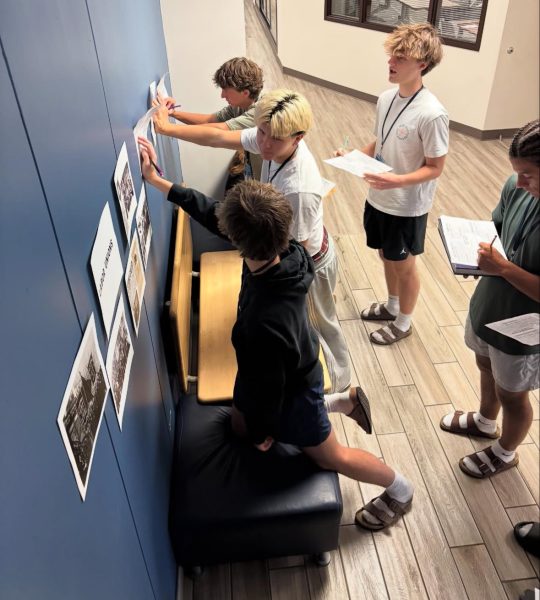
At the same time, the biggest concern for many of us is whether this feels like moving backward. We’re trying to learn how to be adults—managing our own time, balancing school with work, and handling responsibilities in UIL, sports, and clubs. Taking away the tools we’ve relied on makes that harder.
At the end of the day, we’ll adjust. We already are. We’re talking more, learning more, and yes—actually making eye contact again. Our campus at KHS is figuring things out and working solutions that will help foster what made our high school special, and that was connection, clubs, capturing and creating those memories with technology responsibly.
“Stay calm, and keep your phone turned off.”


